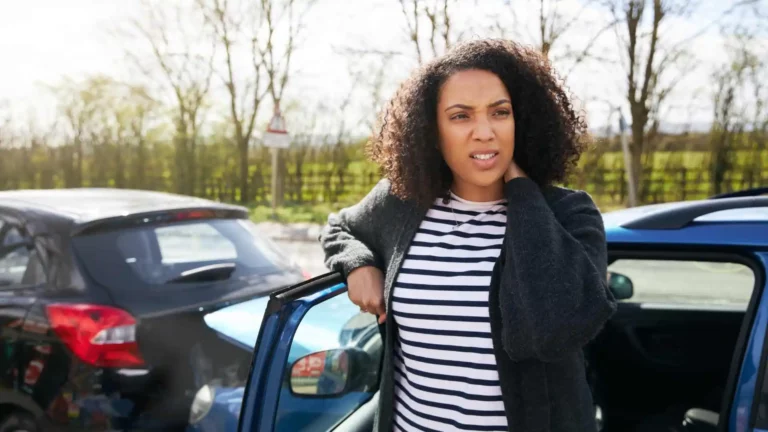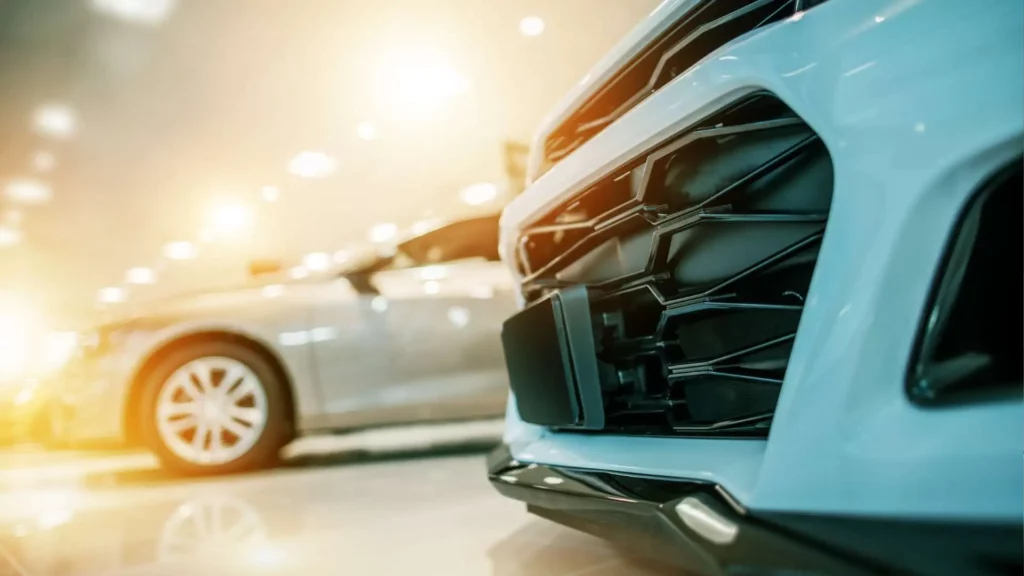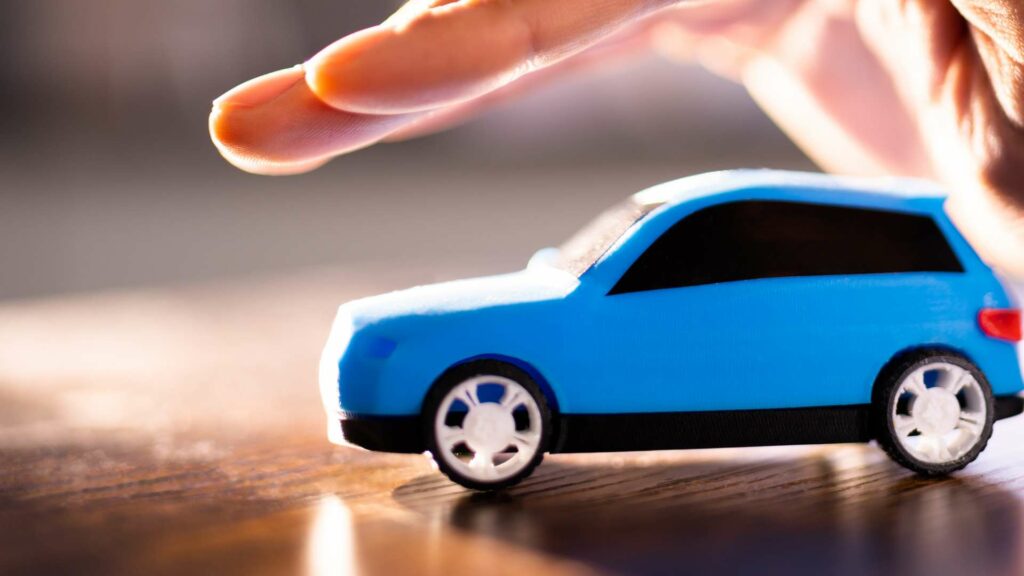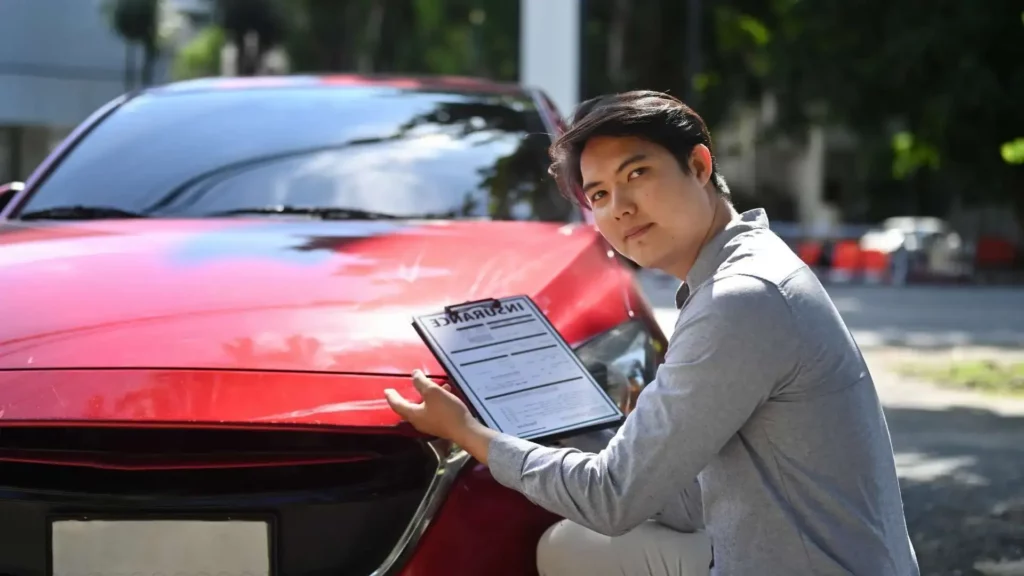Auto insurance goes beyond simply obeying the law; it’s your financial safety net when life throws unexpected expenses your way. No-fault insurance, also known as personal injury protection Coverage (PIP), is a safety net that aims to ease stress in case of unforeseen expenses after an accident.
PIP steps in to cover expenses stemming from injuries in car accidents, all without the headache of determining fault.
In this blog, we’ll break down every aspect of PIP conversationally. While we do so, check out Beem’s online comparison tool which will help you get the best auto insurance quotes for your needs.
Think of Personal Injury Protection, or PIP, as your safety net within your auto insurance policy. Think of PIP as your guardian within your auto insurance policy. Imagine it as your personal safety net, always there to catch you, no matter who’s to blame in an accident.
When it comes to auto insurance, understanding PIP is like possessing a superpower – it can genuinely come to your rescue when you need it most.
What is Personal Injury Protection Coverage?
PIP, which stands for Personal Injury Protection, is more than just a box to tick off on your vehicle coverage application. Think of it as a trusted buddy to turn to during distress.
This type of policy extends beyond your regular car insurance and serves as a financial cushion for medical expenditures and potential loss of earnings.
PIP, with its primary goal being your safety, is focused on assisting you without playing the blame game. Whether or not the accident was your fault, PIP has your back. What sets PIP apart is its commitment to your well-being.
PIP is a unique hybrid of disability coverage and health insurance. It covers your medical bills and compensates for your lost wages. The best part is that it doesn’t only benefit you but also extends its protection to pedestrians and your passengers. It’s pretty cool how inclusive it is.
Why Do You Need Personal Injury Protection?
The unpredictability of life constantly reminds us of the significance of Personal Injury Protection Coverage. Here are some reasons why you ought to don’t forget it as a critical part of your coverage portfolio:
1. Financial Support: Accidents can happen to anyone and often result in substantial medical bills. PIP provides you with the financial assistance you need to cope with injuries caused by an accident. These costs can add up quickly, from medications to surgery to subsequent recovery, and PIP can help spread the burden.
2. Wage Compensation: If your injuries prevent you from working, your livelihood may be at risk. PIP ensures you don’t have to fret about lost wages. It may compensate you for misplaced profits due to damage, allowing you to be aware of restoration.
3. Domestic help: Damage can also restrict your capability to carry out daily obligations, inclusive of cooking, cleaning, or laundry. PIP covers not only the best clinical charges but also substitute services. This means you can hire help to manage your household while focusing on treatment.
4. Peace of Mind: Life is challenging enough without stressing over accident-related expenses. With PIP, you can enjoy peace of mind, knowing your financial well-being is secure. Regardless of fault, PIP has your back, ensuring you’re taken care of.
In an uncertain world, Personal Injury Protection Coverage isn’t merely an option; it’s a valuable safety net.
It’s your way of saying, “I’ve got this,” even when life throws unexpected challenges your way. So, think of PIP as your partner in resilience, providing the support you need to navigate life’s twists and turns confidently.

What Does Personal Injury Protection Cover?
Regarding insurance, the devil is often in the details, and PIP coverage is no exception. However, it’s designed to be your comprehensive safety net, often covering the following essential areas:
- Medical Expenses: PIP takes care of the crucial medical costs of an accident. This includes ambulance fees, medical and surgical treatments, prescribed medications, and necessary supplies. It’s your guardian angel in the world of escalating healthcare expenses.
- Rehabilitation: Your recovery journey may involve therapeutic procedures like physiotherapy. PIP recognizes the importance of rehabilitation and ensures that these essential services are covered, helping you regain your health and mobility.
- Lost Wages: When injuries keep you from work, PIP steps in to compensate for the income you lose during your recovery period. It’s not just about healing physically; it’s about maintaining financial stability, too.
- Funeral Expenses: In tragic instances where an accident leads to loss of life, PIP extends its support to cover funeral expenses. It’s a compassionate inclusion that eases the financial stress on your family during difficult times.
- Substitute Services: PIP understands that injuries can limit your ability to handle everyday tasks like cleaning, childcare, or transportation. Hence, it provides coverage for substitute services, ensuring that your daily life can continue despite the accident-related challenges.
Personal Injury Protection is like a comprehensive safety net, offering a wide range of coverage to address the various aspects of your well-being during and after an accident. It’s more than just a policy; it’s your lifeline when life takes an unexpected turn.
What Does Personal Injury Protection Won’t Cover?
Remembering the limitations of your PIP coverage is as important as knowing what it covers. Here’s what PIP often does not cover:
- Damage to Property: Costs incurred due to the damaged car, buildings, or other personal belongings are not under PIP.
- Pain and Suffering: Compensation claims for pain and suffering are not within the scope of PIP coverage.
PIP coverage shall not be extended for any injuries that might have come about while committing a crime or while the insured is driving under the influence of any intoxicating substances. The policy in long-term injury cases does not account for extended care expenses, as it is limited in coverage.
Read Also: Umbrella Insurance Policy
Cost of Personal Injury Protection
Every driver seeking PIP coverage needs to be aware of the associated costs. The cost of PIP insurance depends on several factors:
- Provider: Different insurance companies offer different floating rates.
- Coverage: The more coverage you opt for, the higher the premium cost.
- Deductible: High deductibles will reduce your premium but increase out-of-pocket expenses when accidents occur.
- Driving Record: Much like with other types of auto insurance, the cleaner your driving history in the state, the lower your monthly premium.
- Location: Areas with higher accident rates usually result in a higher premium.
What are the States Where PIP is Required?
If you seek PIP insurance coverage, remember that it is mandatory in several states. In some no-fault states, drivers can file a claim under their insurance coverage for minor injuries caused by an accident, regardless of who’s at fault.
The following is the group of 12 states where PIP is required:
- Florida
- Hawaii
- Kansas
- Kentucky
- Massachusetts
- Michigan
- Minnesota
- New Jersey
- New York
- North Dakota
- Pennsylvania
- Utah
Also Read: Property Damage Liability Insurance
What Are States PIP is Available but Not Mandatory?
Apart from the mandatory states, PIP insurance is available as an optional choice in several other states. Here, the individual has the liberty to decide whether or not they want to include PIP in their policy. Adding PIP can help share the financial burden that may arise due to an accident.
The states that offer PIP optionally are:
- Washington
- Oregon
- South Dakota
- Texas
- Wisconsin
- Virginia

How to Select the Right Amount of Personal Injury Protection Coverage?
Selecting the appropriate amount of PIP protection is complicated and requires an examination of one’s wants. It should only be undertaken with a plan or influenced by external forces. Right here are a few steps to assist you:
- Family Members: Keep the number of people in your family in mind, your financial situation, and the health conditions of each member.
- Understand Your State’s Laws: Inspect and digest your state’s minimum PIP coverage requirement.
- Check Your Health Insurance Policy: If it already covers accident-related injuries, you might opt for less PIP coverage.
- Shop Around: Compare terms and conditions of various PIP coverages and only move forward with the one that aligns with your needs.
Also Read: comprehensive insurance vs collision insurance
Conclusion
Personal Injury Protection coverage is much more than just a legal obligation. It’s an invaluable safety net that stands firm when you encounter an unexpected accident-related injury. It provides immediate coverage without waiting to establish fault, thus removing any added stress during tough times.
You can forget about the stress of finding the best car insurance for your beloved possessions. Beem will compare auto insurance quotes from different providers to get you the best deal for your needs.
Ensuring you are armed with the correct PIP information will allow you to make the best choices that suit your needs, giving you peace of mind on all your journeys.
When inquiring about PIP, remember to bring a list of your specific queries, your budget range, and an open mind eager to understand how best this protection can serve you on your daily drives. So, buckle up, drive safe, and remember to enjoy the ride, knowing you’re safe with your PIP coverage.


























